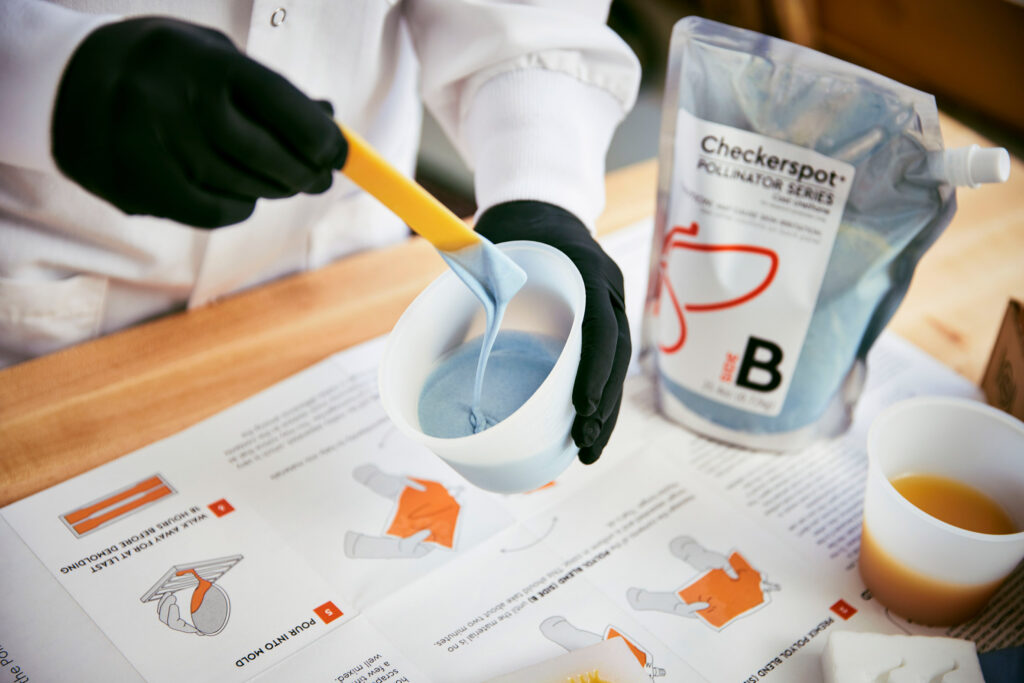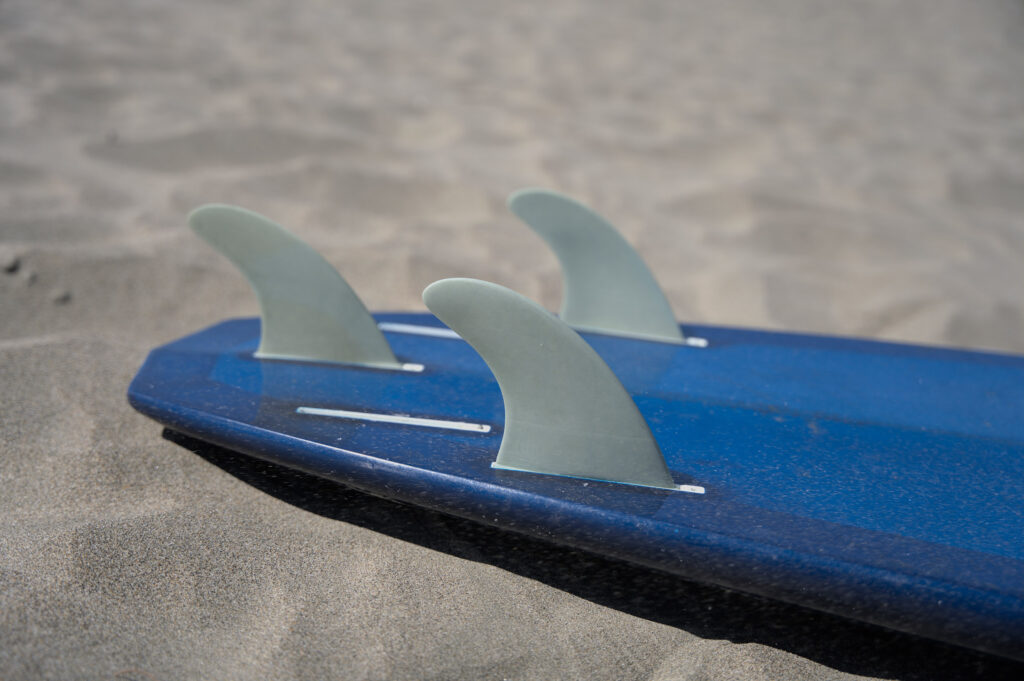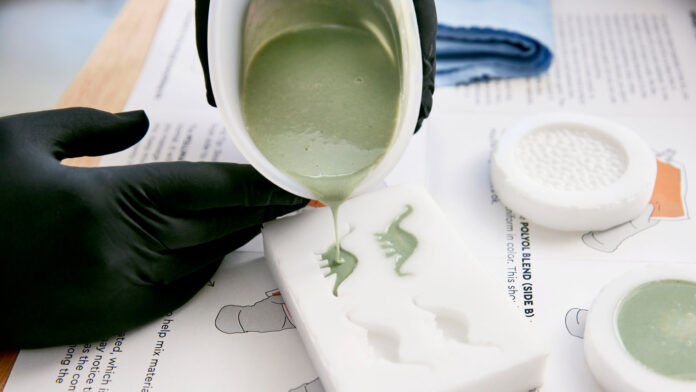California materials company Checkerspot has launched a casting kit named Pollinator Kit that allows designers to experiment with making components from algae-based plastics.
The Pollinator Kit is a direct-to-designer kit that allows producers to experiment with algae-based materials designed to replace traditional polyurethane resin – a fossil fuel-derived product found in many household items (Dreith,2022).

According to the company, the material has a biomaterial content of 56 per cent and can be used in the same molds used in fossil-based products. The rest of the mixture is made from fossil-derived isocyanate. The kit was formulated in order to respond to requests from designers for renewable materials (Dreith,2022).
Using biotechnology, Checkerspot has been able to create a production method that harvests the oil from algae to create “renewable building blocks” for use in product design. Microalgal oil is obtained from large industrial facilities, many of which are located in southern Brazil, where after mass fermentation, algae is mixed with sugars and then water is subtracted to produce the oil (Dreith,2022).

“This approach marries the efficiency of a highly productive, fast-growing, photosynthetic plant (sugarcane) with the efficiency of a highly productive, fast-growing, oil-producing microbe to make a very precise type of oil,” said Checkerspot. “The upshot is a lower land footprint, a far lower water footprint, and a low carbon use relative to other ways of making oil.” The oils are converted into polyols, which Checkerspot then converts into polyurethane in a facility in Salt Lake City (Dreith,2022).
It can be used for making small and medium-sized products from jewellery and phone cases to surfboards and furniture and includes resin, a mixer as well as a choice of pigment, which is also made from algae (Dreith,2022).
Link: https://checkerspot.com/
Personal notes:
Having options other than conventional polymers on the market for rapid prototyping is a unique proposition because it opens the way to new possibilities during ideation. It is a facilitator to reduce the amount of waste generated when prototypes or models are made. Despite not being a 100% biobased material, it contains a significant percentage of this type of material, making it a better tool than polyurethane. However, it is necessary to question the final disposition of a material like this. Can it be given a second shelf life? Because of its composition, could it be recycled? What would be the most viable alternative? Would it be necessary to perform a life cycle assessment?
Dreith , B. (2022, December 13). Checkerspot releases algae-based plastics prototype kit for designers. Dezeen. Retrieved January 29, 2023, from https://www.dezeen.com/2022/12/13/checkerspot-algae-plastics-prototype-kit/




